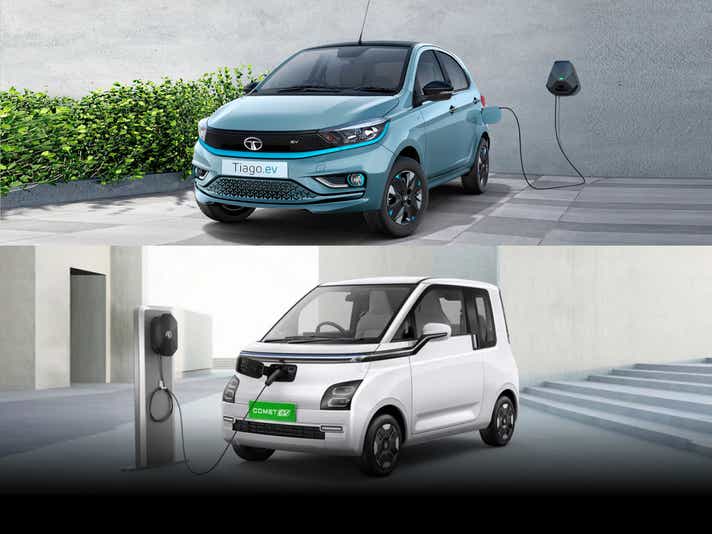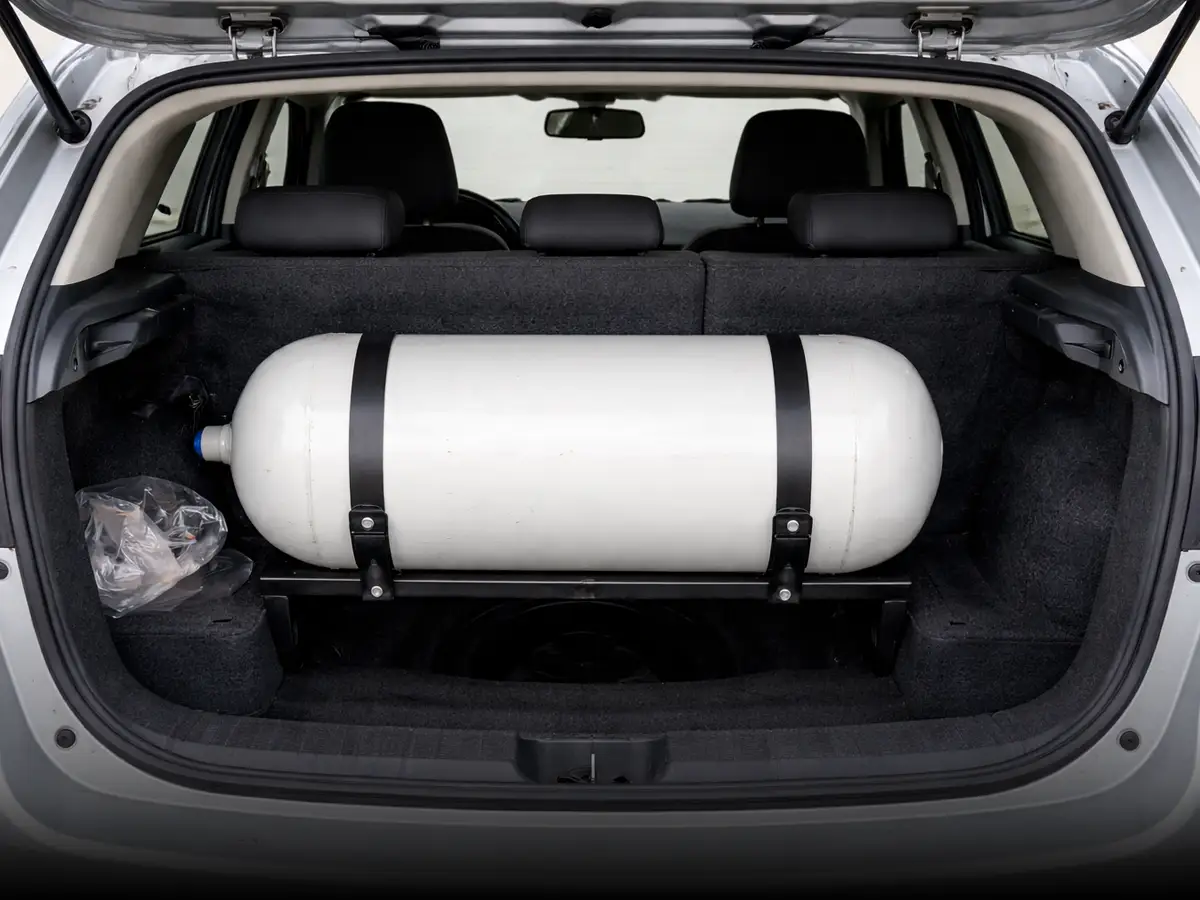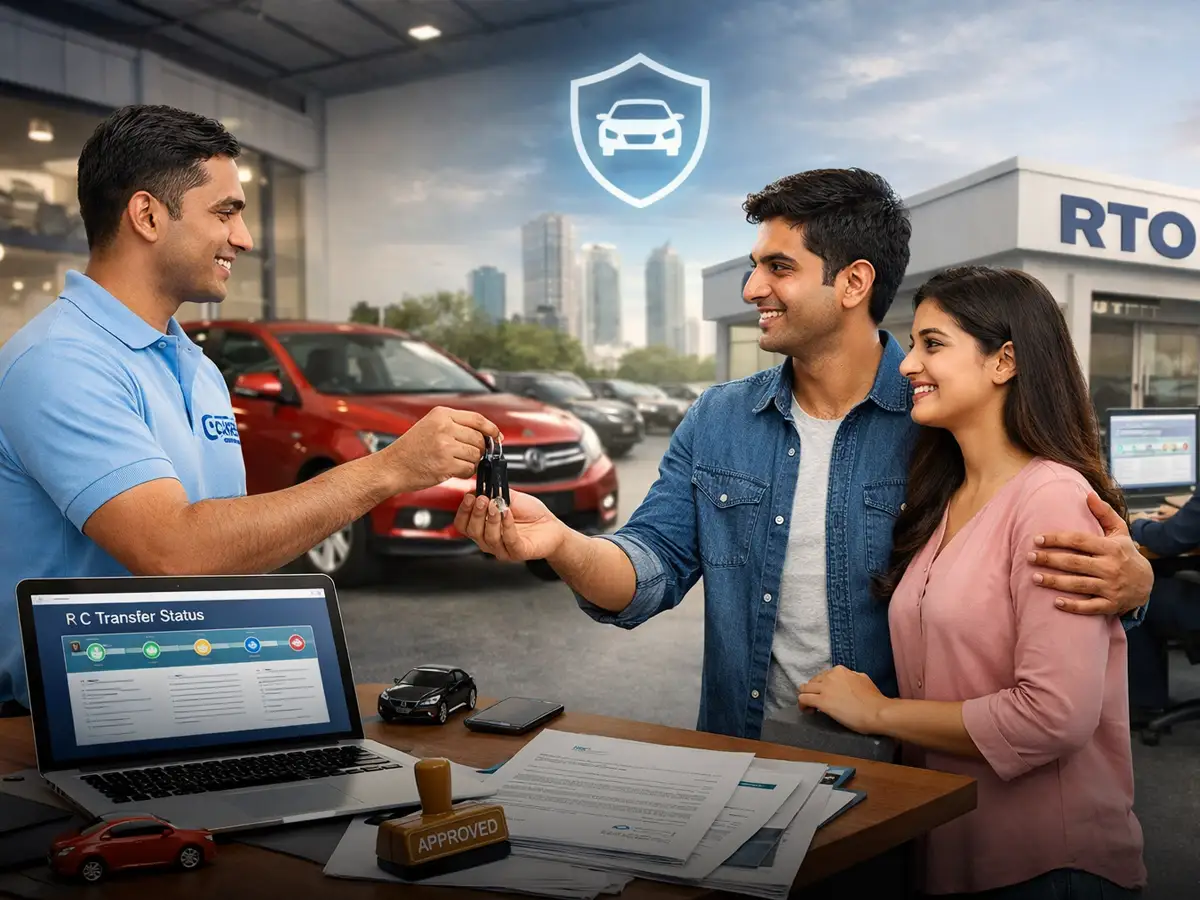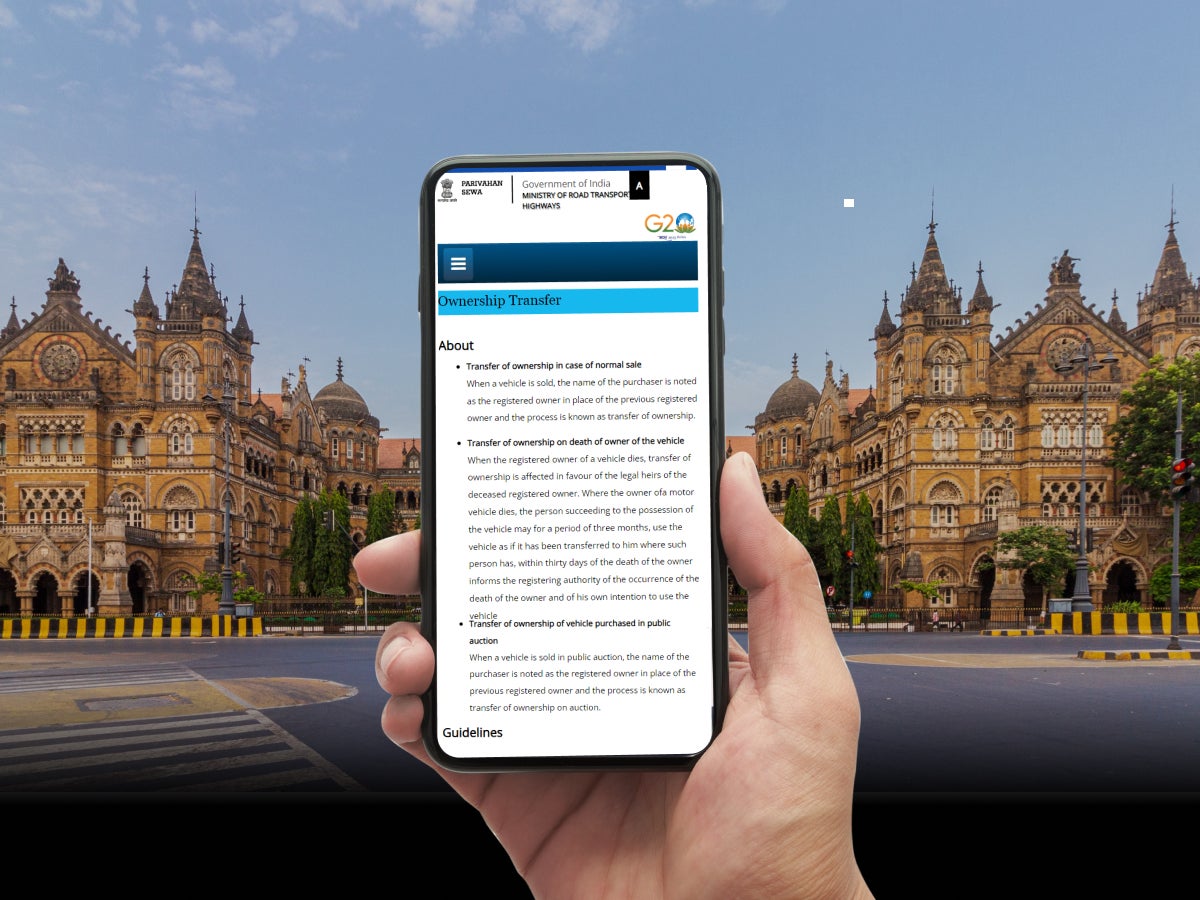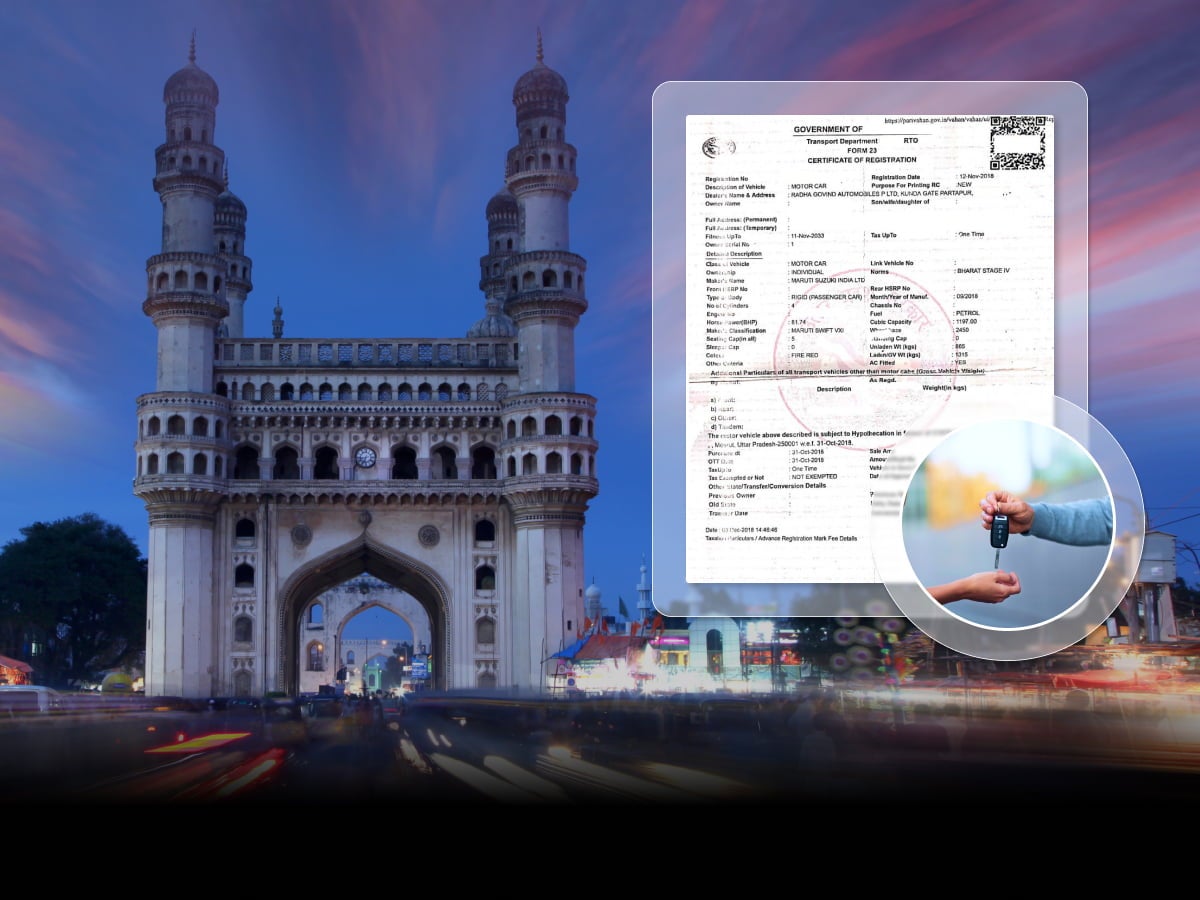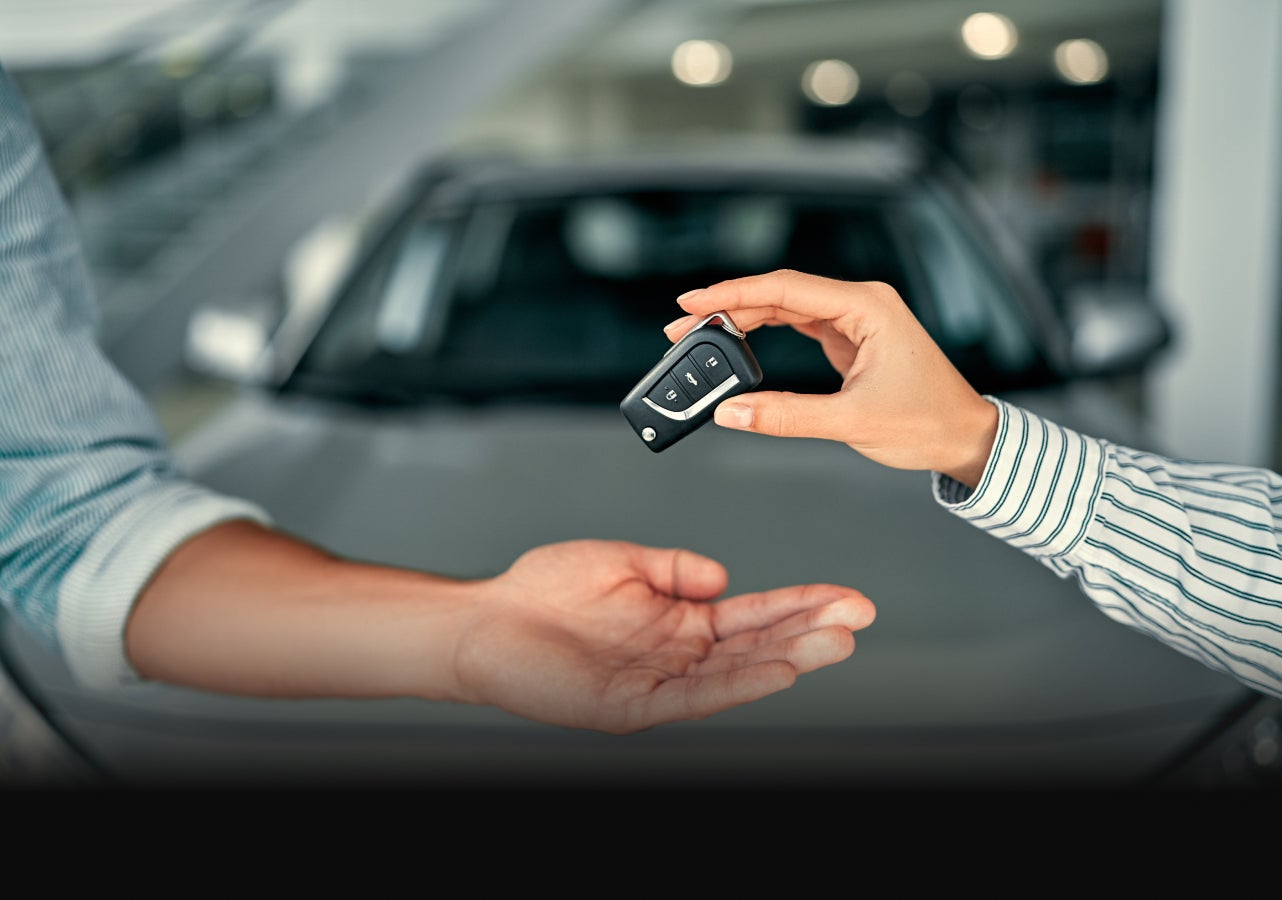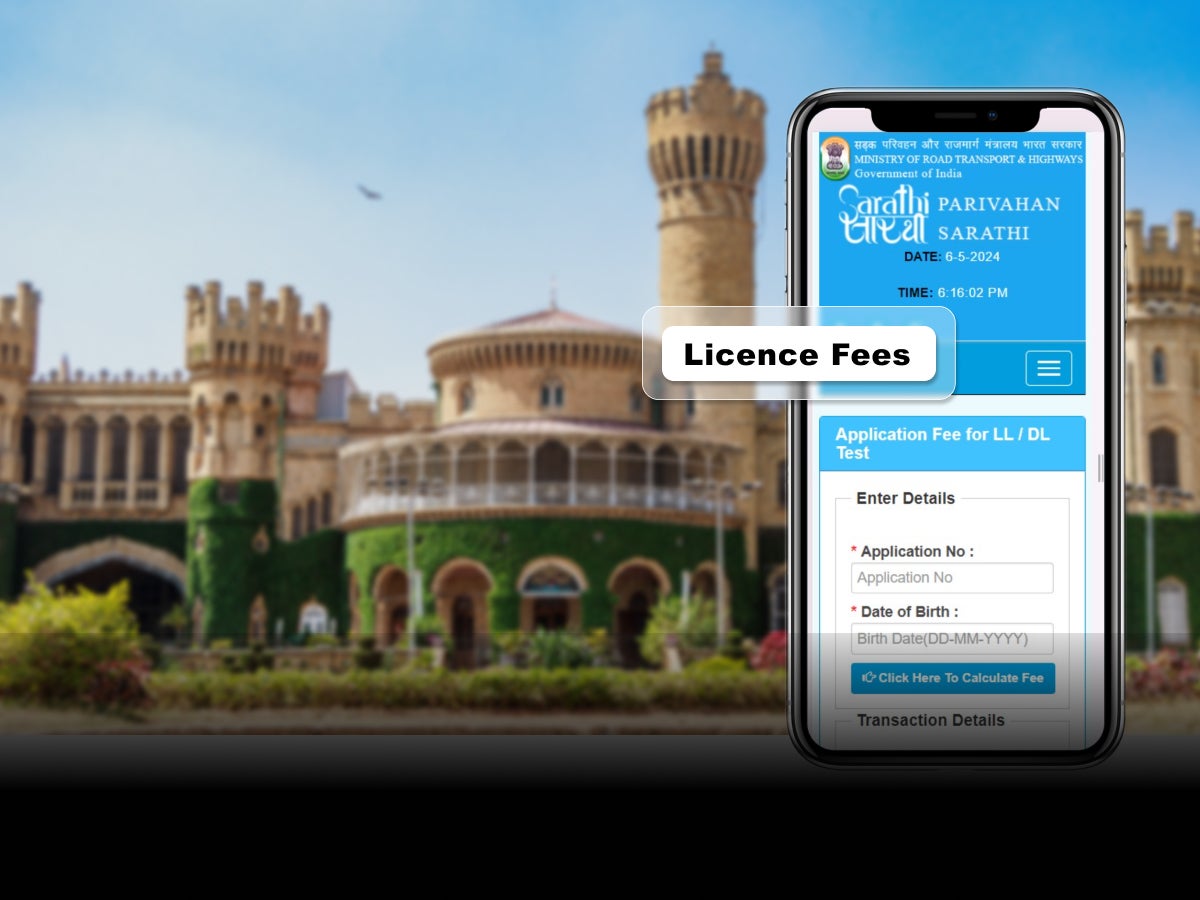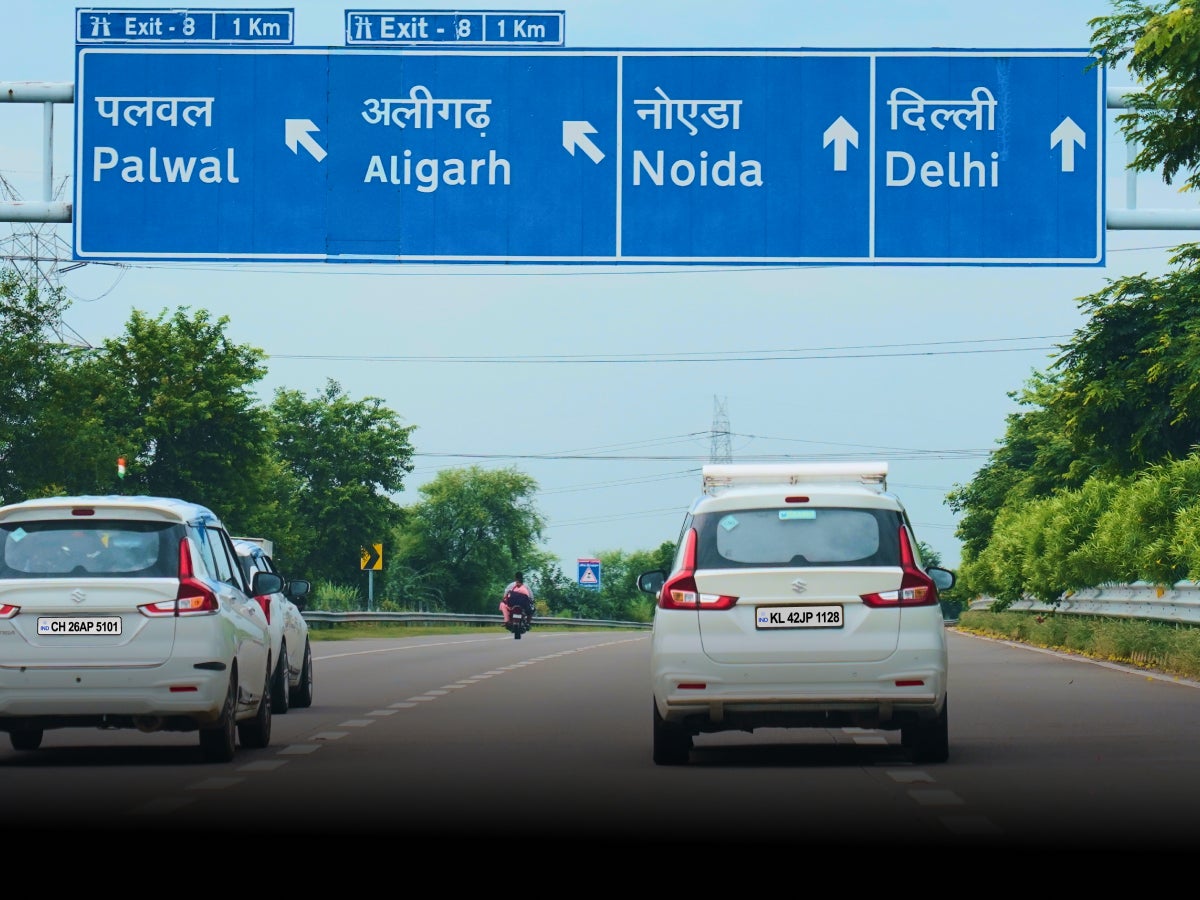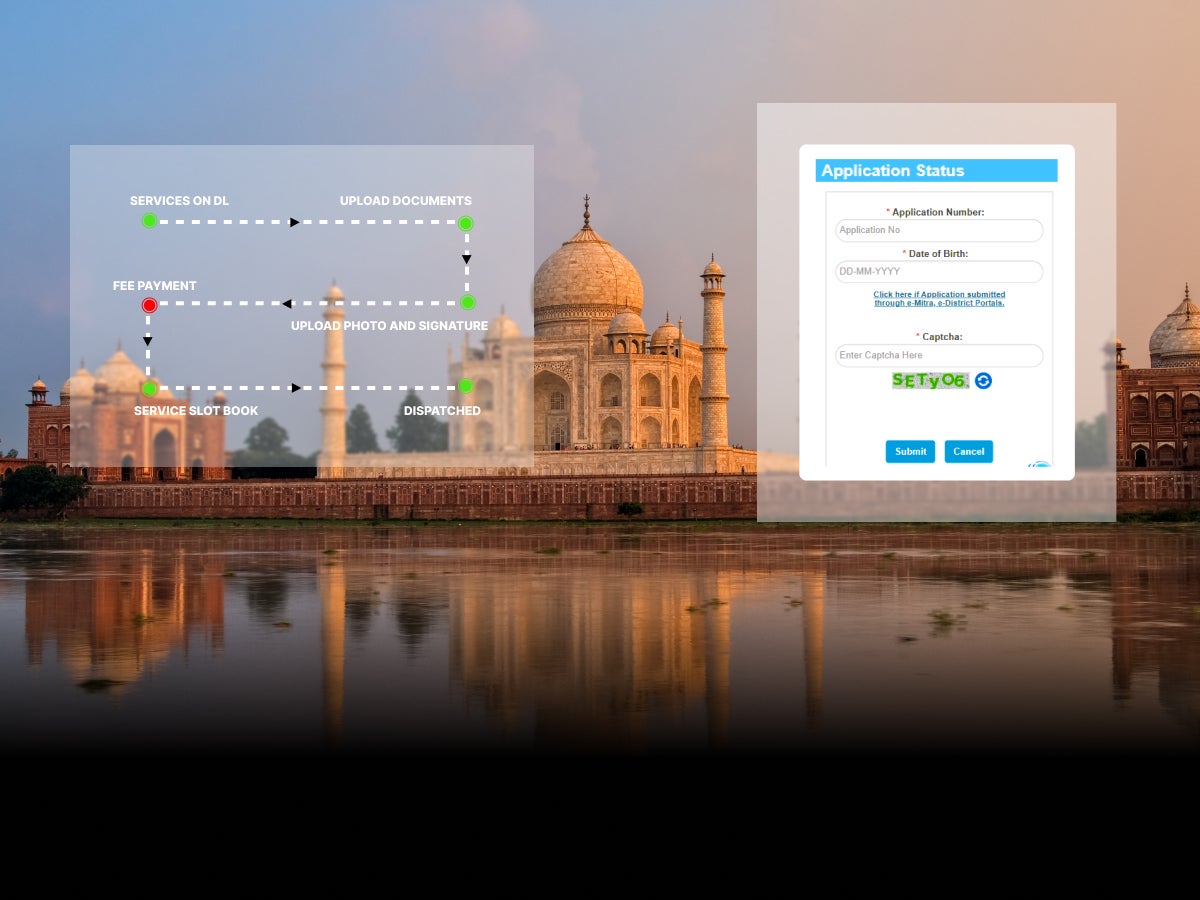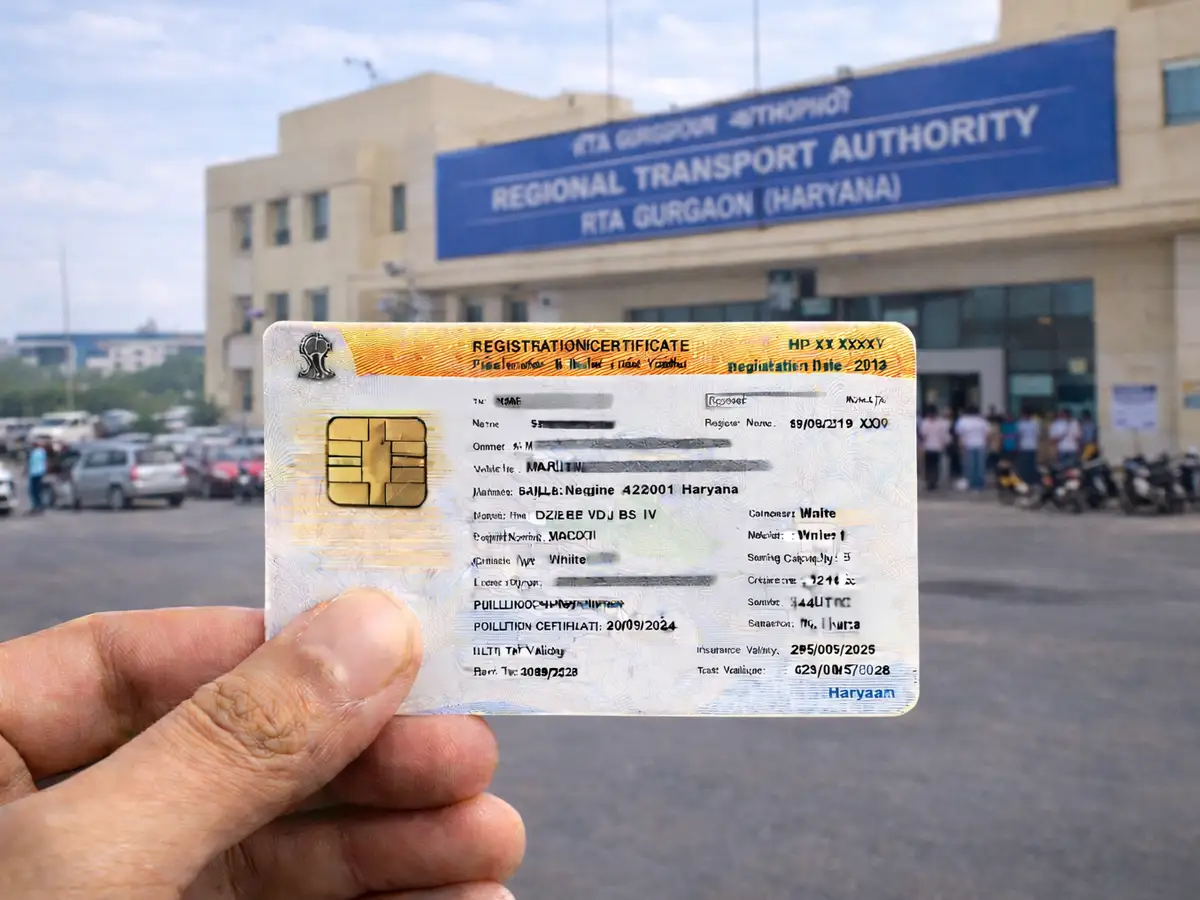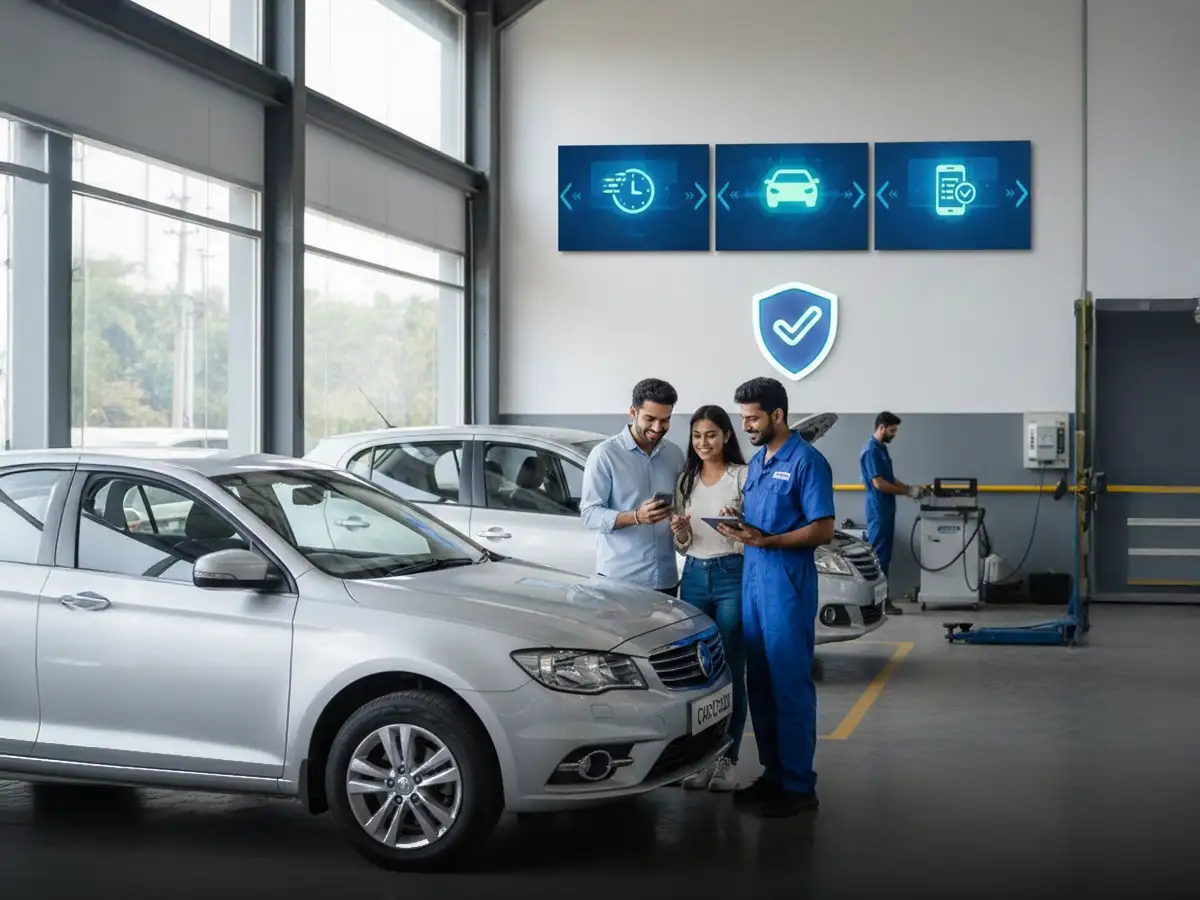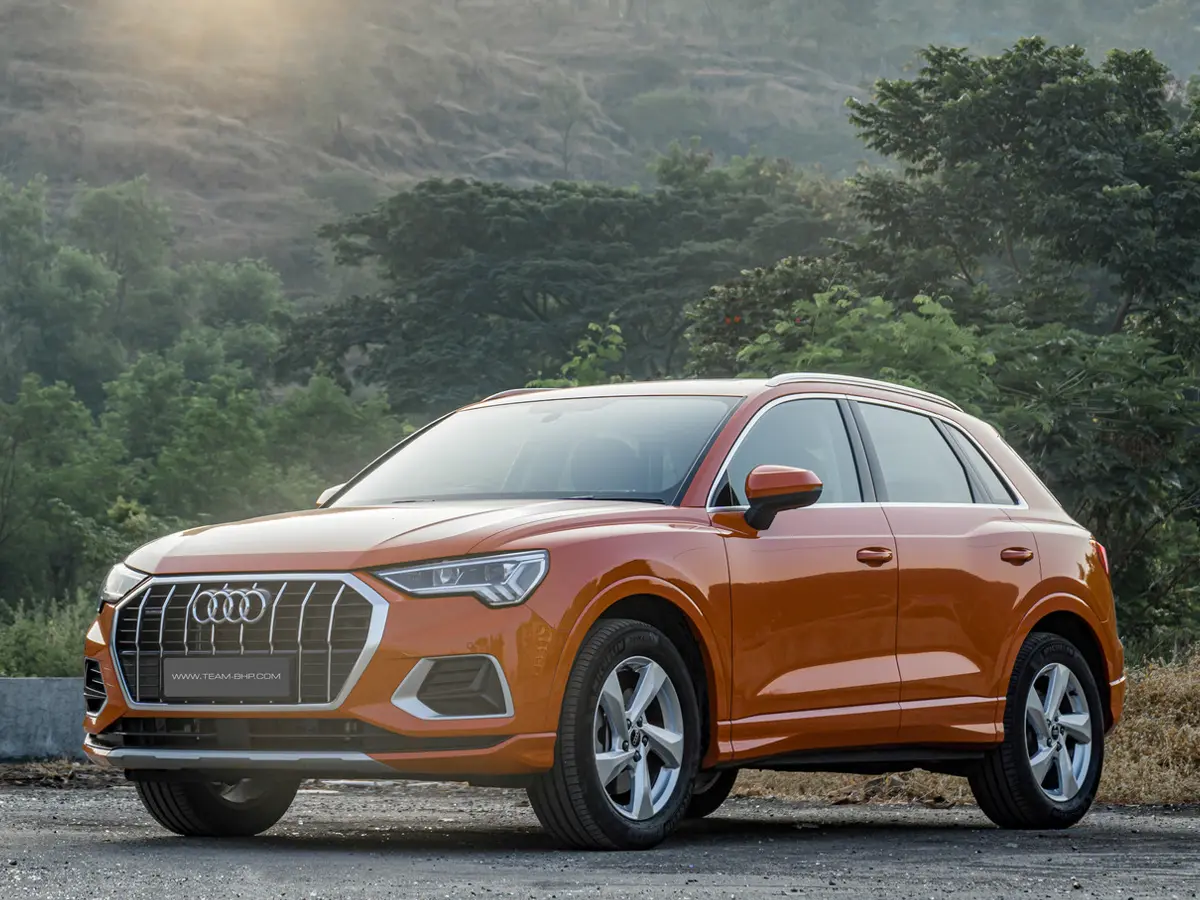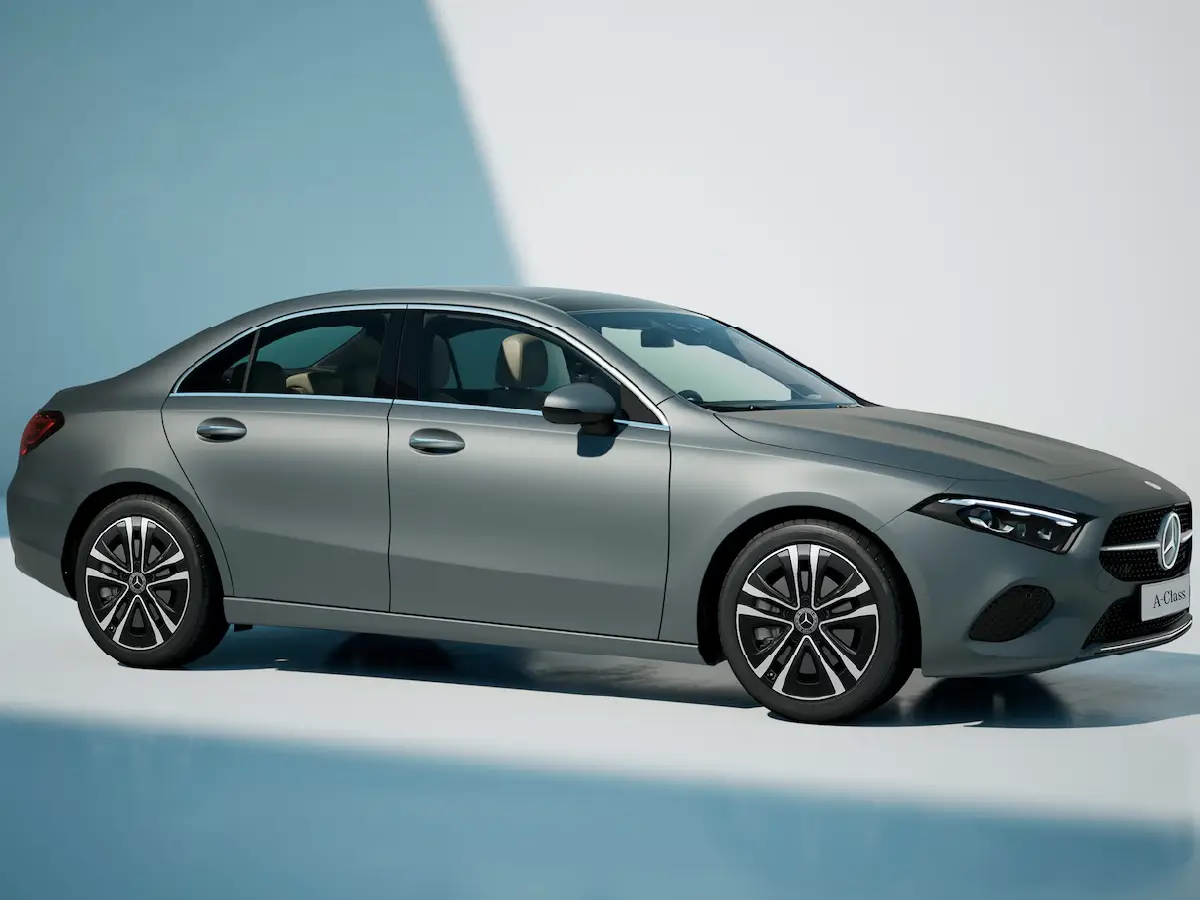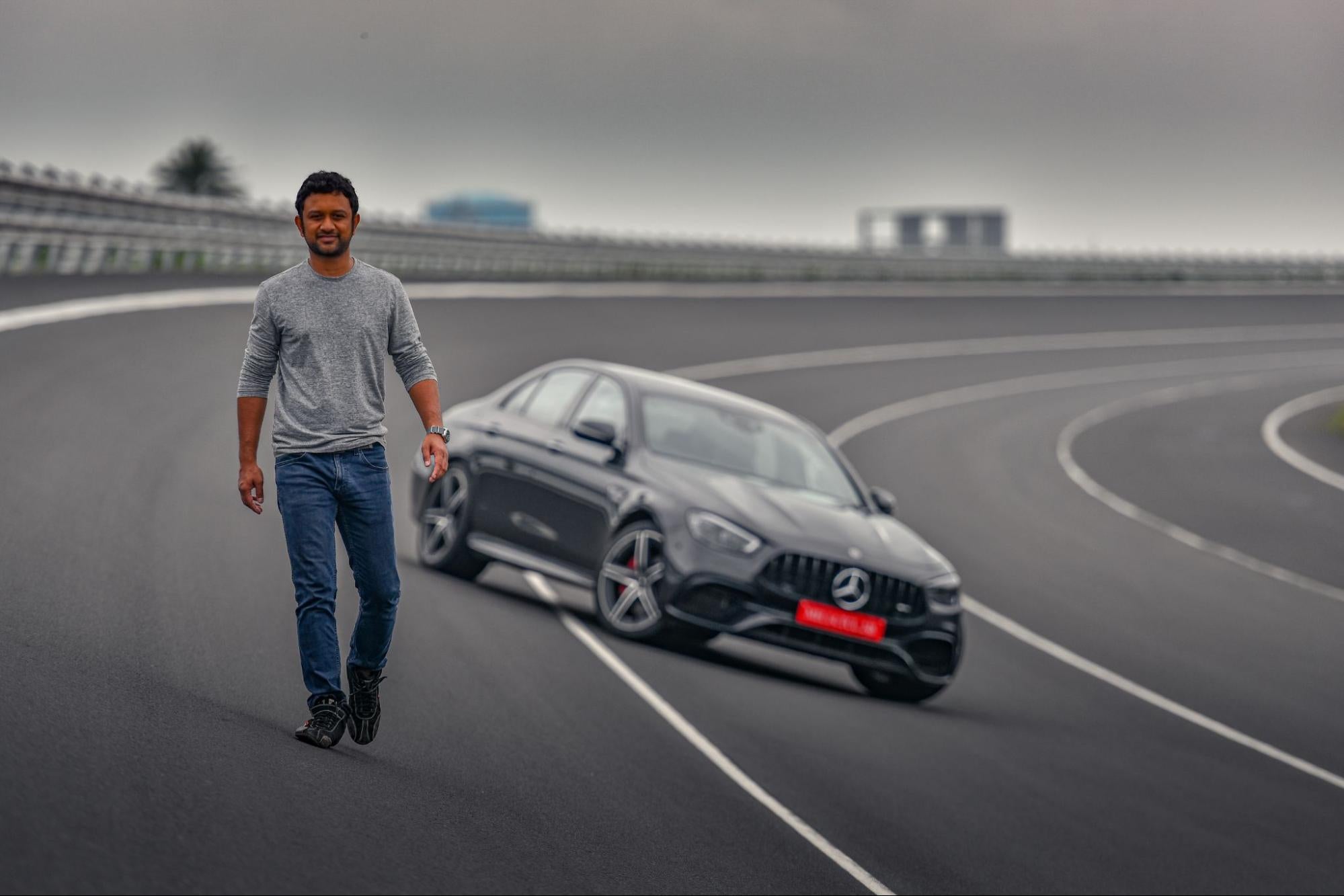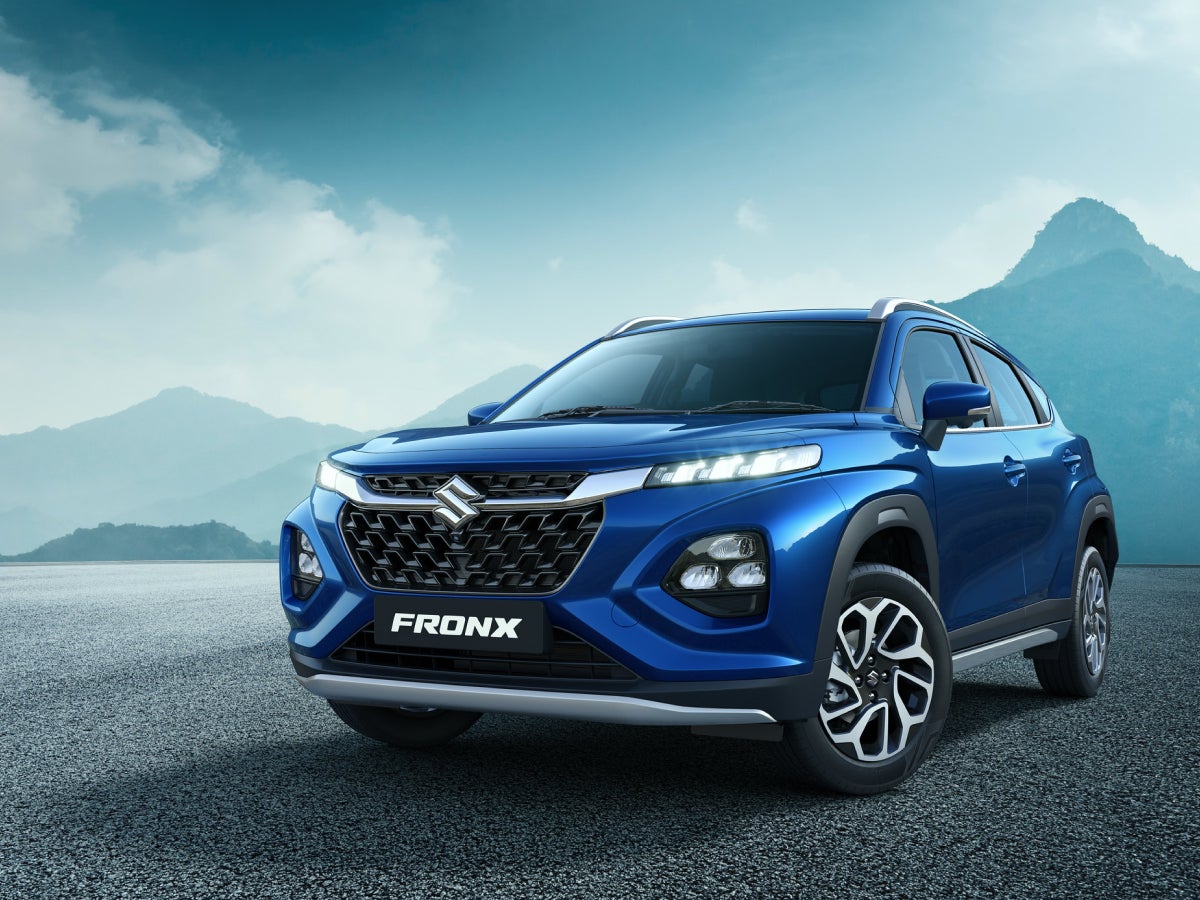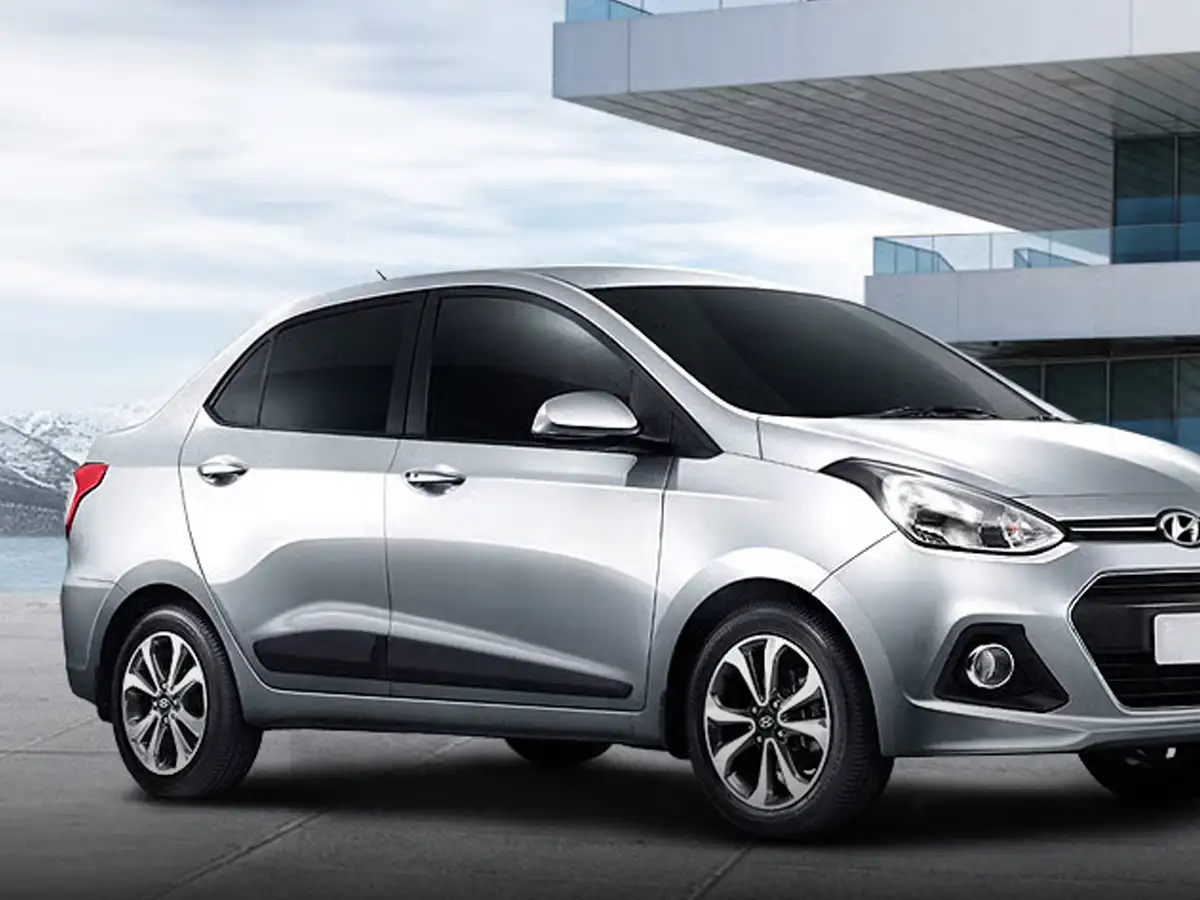Electric cars in India have been witnessing steady growth in sales in recent years. Car manufacturers are now making electric cars low price options, making EVs more accessible to everyday buyers. This shift aims to provide a viable alternative to petrol and diesel-powered vehicles. Additionally, rising fuel prices and growing environmental concerns further strengthen the case for a switch to electric mobility. While challenges like higher initial costs and limited charging infrastructure remain, the overall market trend is optimistic. India has also seen significant growth in the adoption of EVs, supported by government initiatives such as road tax waivers and income tax rebates. In this guide, we take a deep dive into the cheapest EV cars in India, helping you explore budget-friendly options in the electric car space.
Electric Car Low Price: List of the Most Affordable EVs in India
| Model | Range | Battery Pack | Price (in ₹) (Ex-Showroom) |
| MG Comet EV | 230 km | 17.3kWh | 7.50 lakh |
| Tata Tiago EV | 315 km | 19.2 kWh and 24kWh | 7.99 lakh and 10.14 lakh |
| Tata Punch EV | 315 km and 425 km | 25kWh and 35kWh | 9.99 lakh and 12.84 lakh |
| Citroen eC3 | 320 km | 29.2kWh | 12.90 lakh |
| Tata Tigor EV | 315 km | 26kWh | 12.49 lakh |
1. Cheapest EV Cars in India: MG Comet EV - ₹7.5 lakh (ex-showroom)
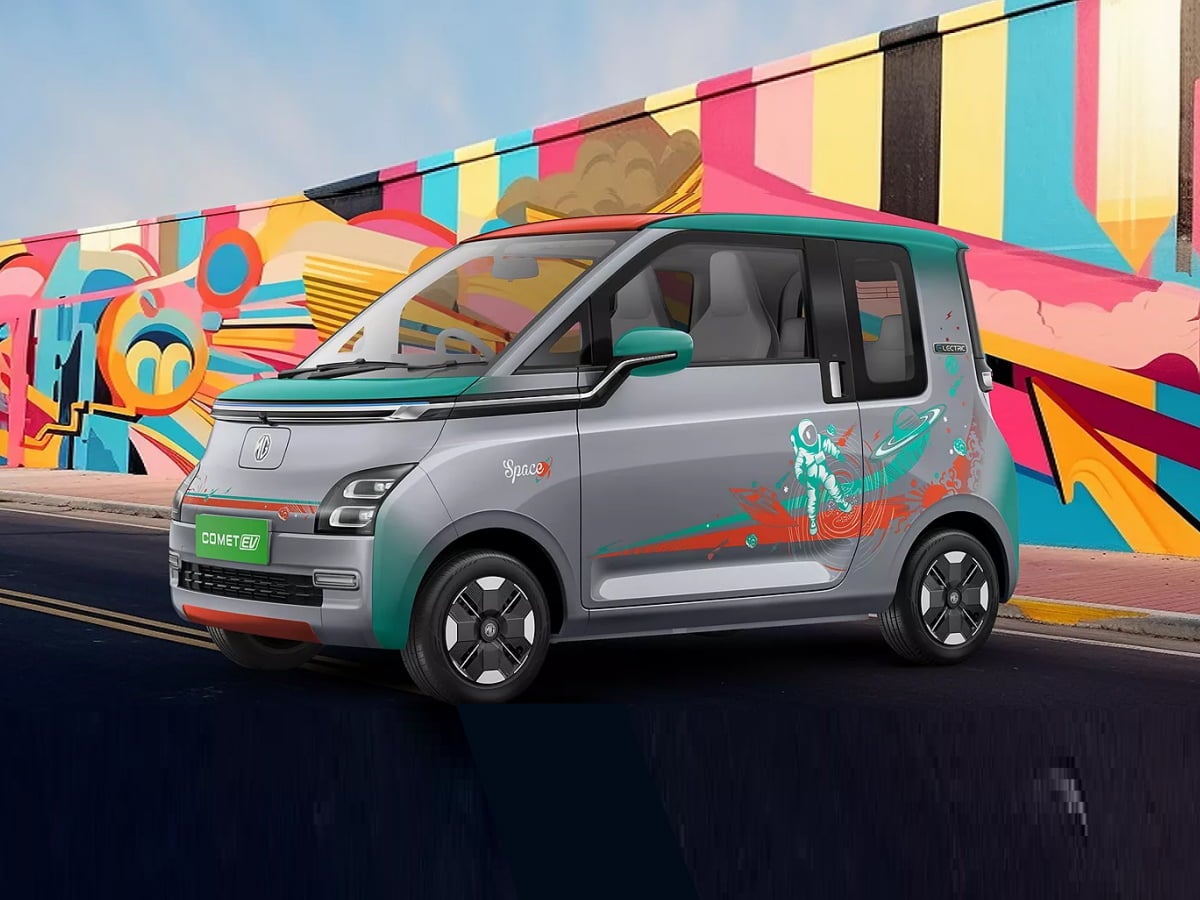
The MG Comet EV is India’s most affordable electric car, starting at ₹7.50 lakh. Its "mono-volume" design maximises interior space within an ultra-compact 2.9m frame, making it the smallest EV in India.
Key Highlights & Specs
- Range & Battery: 230 km per charge via a 17.3 kWh lithium-ion battery.
- Power: 41 bhp and 110 Nm torque for agile city driving.
- Design: Unique 2-door, 4-seater layout with premium LED light bars.
- Technology: Dual 10.25-inch high-resolution screens for infotainment and instrumentation.
- Charging: 10 to 80% in 5 hours via its Type-2 AC charger, since the EV lacks DC fast charging.
Manoeuvrability: Extremely easy to park and navigate through dense traffic.
In contrast to conventional ICE and Hybrid cars, the Comet EV is an unconventional, unique and budget-friendly EV that prioritises urban practicality and tech-forward interiors. Even in the used car market, the second hand MG Comet EV is largely popular thanks to its city-bred inclination and highly affordable price tag.
2. Cheapest Electric Cars in India: Tata Tiago EV - ₹7.9 lakh (ex-showroom)
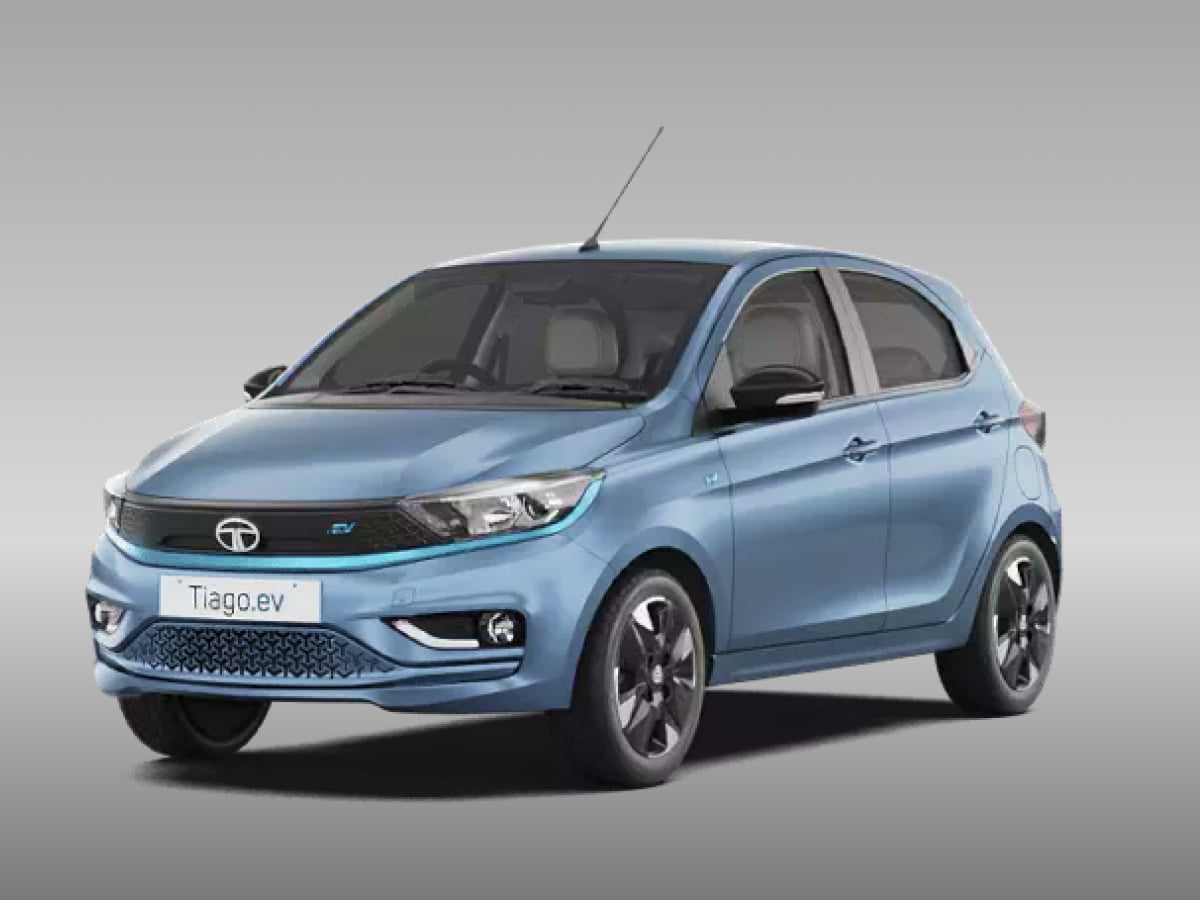
The Tata Tiago EV redefined affordability in India's electric vehicle market, positioned as a versatile hatchback between the Nexon and Tigor EV. Available in Medium Range (MR) and Long Range (LR) variants, it offers a blend of efficiency and performance tailored for urban commuters.
Key Specifications & Performance
- Battery Options: 19.2 kWh (257 km range) and 24 kWh (315 km range).
- Powertrain: Delivers up to 73 bhp and 114 Nm of torque.
- Drive Modes: Choose City for smooth efficiency or Sport for a top speed of 120 km/h.
Charging: DC fast charging powers the battery from 10% to 80% in just 60 minutes.
The interior of the Tiago EV features a premium off-white theme and EV-specific tech, maintaining the familiar comfort of its ICE predecessor. For those looking to save more and bring home an eco-friendly used EV car, the used Tata Tiago EV could also be a great pick for maximum value.
3. Cheapest EV Cars in India: Tata Punch EV - ₹9.99 lakh (ex-showroom)
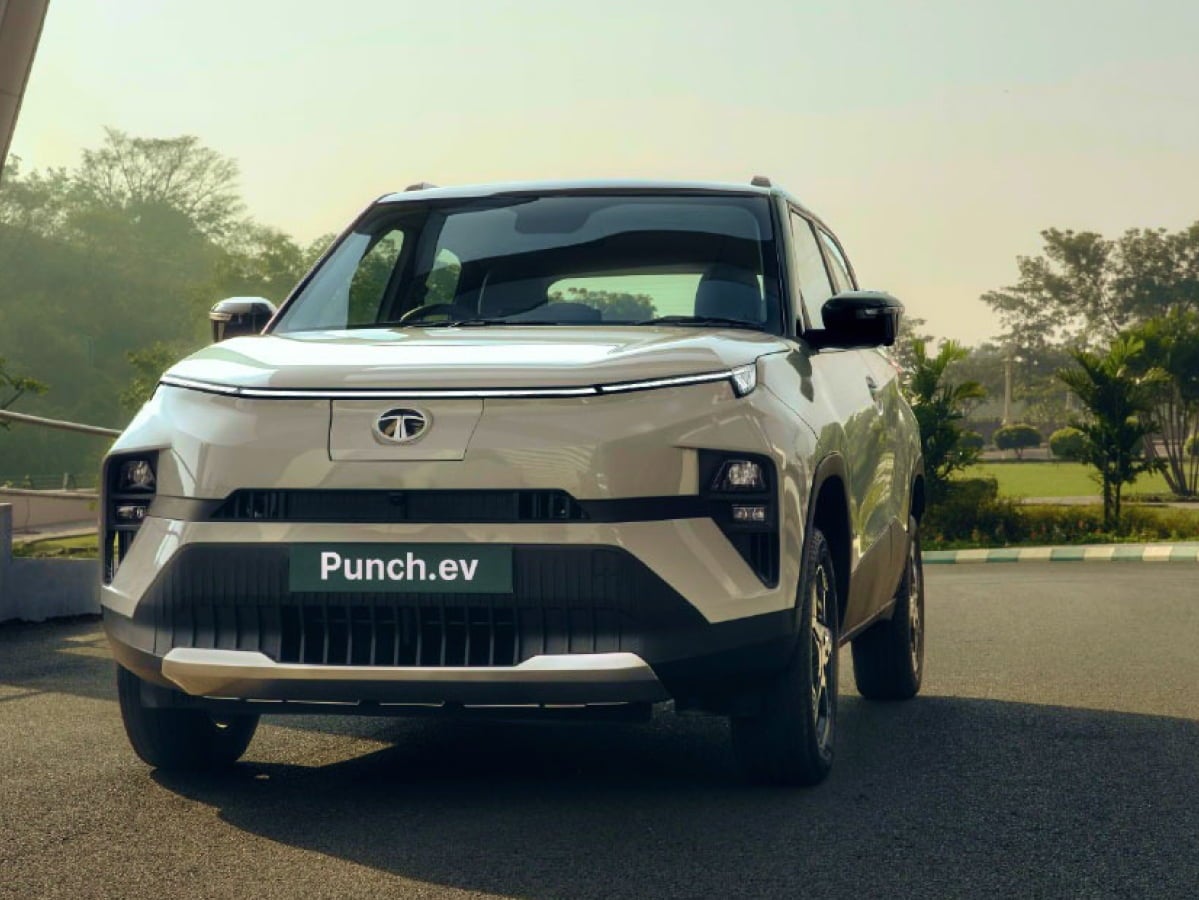
The Tata Punch EV is a trailblazing compact electric SUV, the first built on the advanced Acti.ev (Gen-2) architecture. Positioned as a versatile mid-range option, it combines a rugged SUV stance with cutting-edge electric efficiency, making it ideal for both city traffic and weekend getaways.
Performance & Key Features
- Dual Battery Variants: 25 kWh (315 km range) and 35 kWh (421 km range).
- Charging Efficiency: DC fast charging replenishes 10% to 80% in just 56 minutes.
- SUV Capabilities: High 190 mm ground clearance and a spacious 366L boot.
Premium Tech: Features include a 10.24-inch HD infotainment system, ventilated seats, and a 14-litre frunk.
Being a true Tata heir, safety is paramount in the Tata Punch EV, with the vehicle boasting a 5-star Bharat NCAP rating and six standard airbags. For savvy buyers looking for premium features at a competitive price, considering a used Tata Punch EV could also be a great option.
4. Cheapest Electric Cars in India: Citroen eC3 - ₹12.90 lakh (ex-showroom)
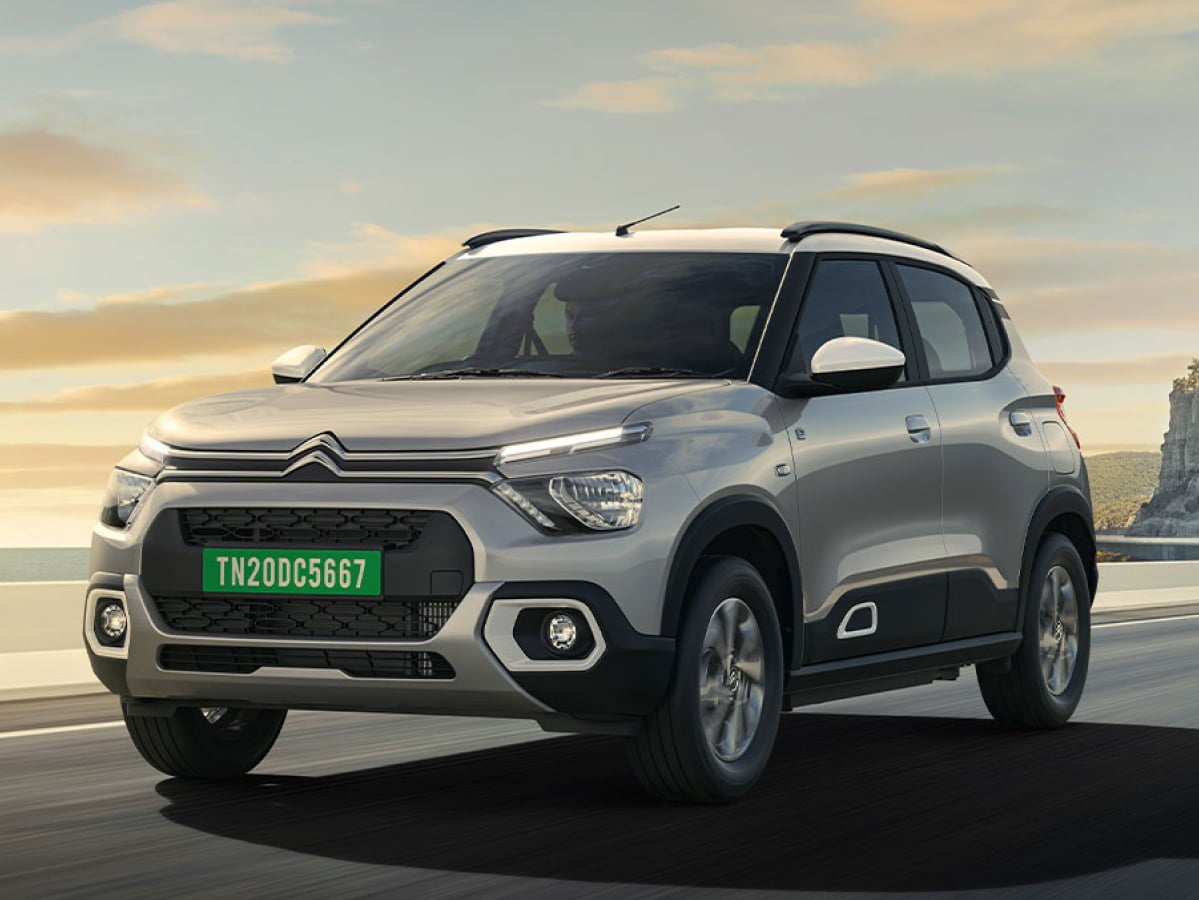
The Citroën eC3 stands as a stylish and practical contender in India's affordable electric vehicle segment. Mirroring the design of its ICE counterpart, this electric hatchback offers a spacious, well-crafted cabin paired with a distinctive French aesthetic, making it a top choice for urban commuters.
Performance & Modern Features
- Battery & Range: A 29.2 kWh battery pack delivering a certified range of 320 km.
- Charging: DC fast charging achieves 10% to 80% in approximately 60 minutes.
- Connectivity: Equipped with a 10.2-inch touchscreen, featuring wireless Android Auto and Apple CarPlay.
Drive Comfort: Smooth power delivery with 76 bhp and 143 Nm of instant torque.
With its generous ground clearance and plush suspension, the Citroën eC3 handles Indian roads with ease, offering an impressive blend of balanced ride quality and thrilling acceleration.
5. Cheapest EV Cars in India: Tata Tigor EV - ₹12.49 lakh (ex-showroom)
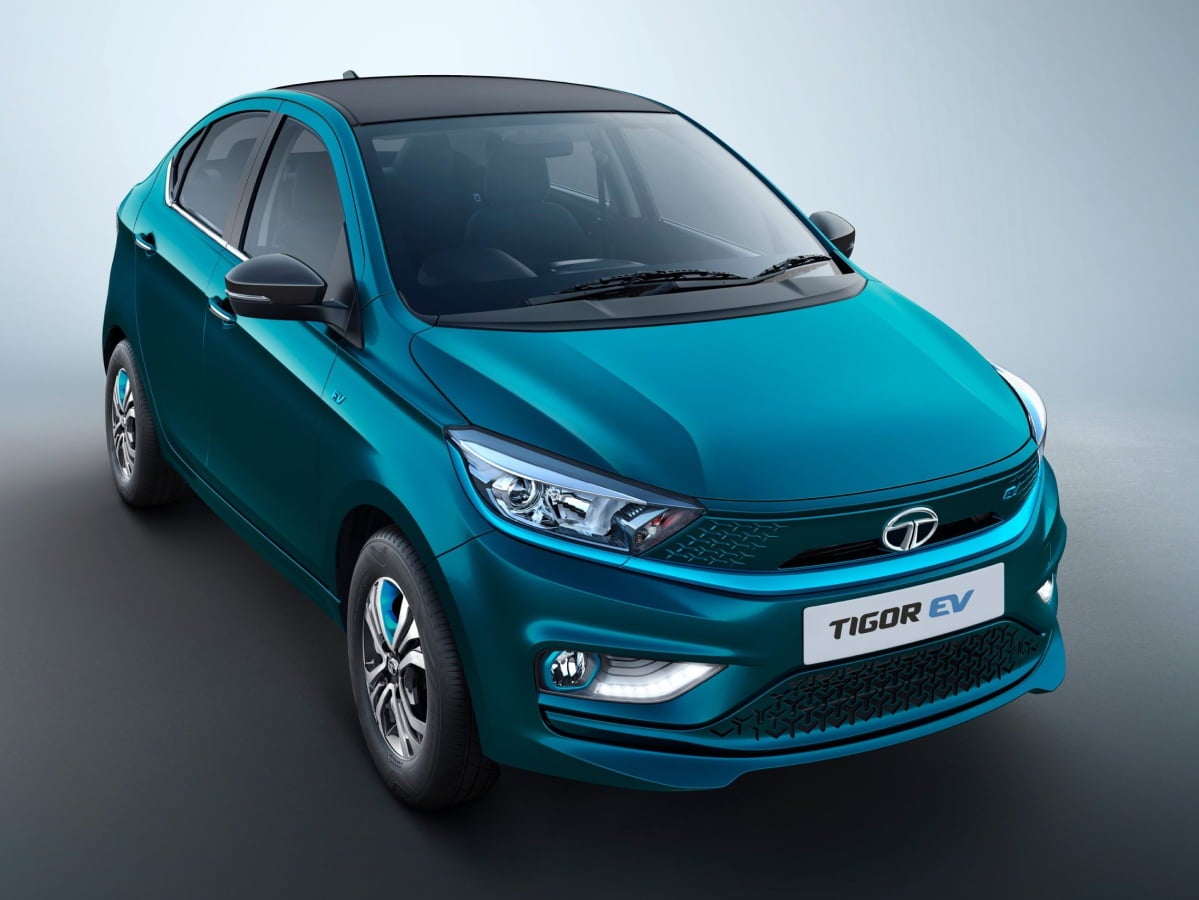
The Tata Tigor EV remains India’s only electric sedan in the affordable segment, recently updated with the high-performance 350V Ziptron technology. It is the ideal choice for buyers seeking the elegance of a sedan paired with zero-emission efficiency and a proven track record for safety.
Key Specifications & Highlights
- Battery & Range: Features a 26 kWh lithium-ion battery delivering a range of 315 km.
- Safety First: Retains a robust 4-star Global NCAP crash test rating.
- Performance: Generates 73 bhp and 170 Nm of torque, optimised for smooth city commutes.
Rapid Charging: DC fast charging replenishes the battery from 10% to 80% in just 60 minutes.
The cabin offers generous legroom and premium finishes, ensuring a comfortable ride for families. For those looking to transition to green mobility without overspending, even a used Tata Tigor EV could be a reliable, safe, and value-packed entry into the electric vehicle world.
Electric Car Manufacturers in India:
As the demand for low-priced electric car options continues to grow, several automakers have stepped up to offer budget-friendly EVs. From established players to emerging startups, many companies are now focused on launching the cheapest EV cars in India to attract more buyers and support the country’s green mobility goals.
- Hyundai
- Tata Motors
- Kia
- BYD
- MG
- Citroen
- Mercedes-Benz
- BMW
- Audi
- Jaguar
- Volvo
Moreover, with used electric cars in India becoming widely available, EVs have now become even more accessible than ever before.
Electric Car Low Price Sales in India
The Indian EV industry is booming, and major players are vying for a space in it. The market offers a plethora of choices to customers, ranging from compact, electric car low price options like the MG Comet to ultra-swanky rides like the Rolls-Royce Spectre EV. Tata Motors dominates the electric car market in India with a 67 per cent share, with the Tata Punch EV being the best-selling, cheapest electric car in India for Q1 2024.
An impressive cumulative total of 16,78,905 electric vehicles were sold between April 2023 and March 2024, with a record sales of 2,12,502 EVs in March alone. Over 94,000 electric cars were sold between March 2023 and February 2024. February 2024 recorded a sale of 7,118 electric cars, almost twice the number of cars sold in February 2023, showing an upward trend in EV adoption among the public. The total sale of electric cars is estimated to reach 4,30,603 by 2030.
Conclusion: Increasing Demand for Electric Cars with Low Price
Indian customers are spoilt for choice when it comes to budget EVs. Besides our list of the cheapest EV cars in India, there are more existing and upcoming electric car low price options available today. Sure, there are challenges, like developing charging infrastructure in the country.
However, the increase in the adoption of EV cars is an encouraging sign. Top Indian manufacturers like Tata Motors, MG Motor, Hyundai and Mahindra are leading this transition with their innovations to produce greener and more affordable electric cars.
